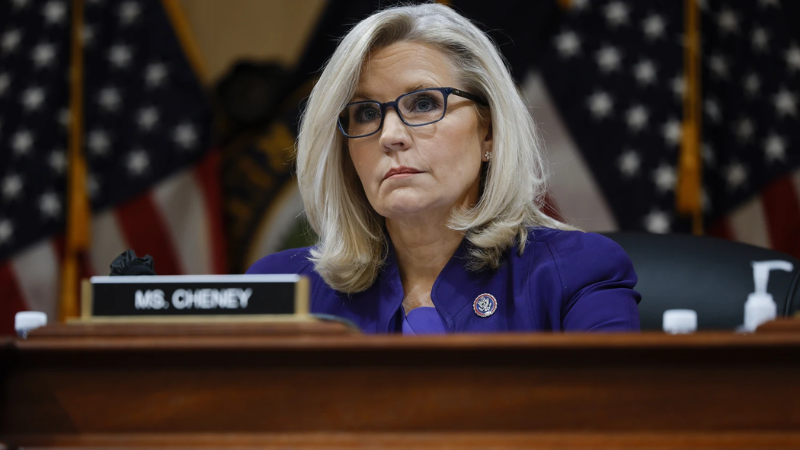Republicans Aim to Establish New Committee for January 6th Investigation
House Speaker Mike Johnson has announced plans to establish a new committee to investigate the January 6, 2021, attack on the U.S. Capitol. This committee, which will be led by Republican Representative Barry Loudermilk from Georgia, is part of a broader effort by Republicans to extend and expand the investigations that began during the previous Congress. With Republicans now in control of both houses of Congress and the White House, they aim to advance their political priorities and continue long-standing inquiries. While the specifics of the new committee are still being finalized, Loudermilk confirmed that it would be a select committee, a designation that provides more flexibility in its structure and membership. Speaker Johnson will have significant influence over appointing the committee’s members, allowing him to shape its direction.
Loudermilk’s role in the January 6th investigation has been followed closely by fellow Republicans, many of whom argue that the attack was the result of a series of failures across various levels of government, not solely the actions of former President Donald Trump. The new committee is expected to continue exploring the security response to the Capitol attack and any legal accountability for individuals involved. Loudermilk has previously suggested that former Republican Representative Liz Cheney, a key figure in the prior January 6th committee, could face charges from the FBI. This signals that the GOP-led committee plans to take a more critical stance toward the earlier investigation, particularly regarding figures like Cheney and Representative Adam Schiff.
One of the primary objectives of the new committee is to broaden the scope of the Capitol riot investigation. The original select committee, led by Cheney and Schiff, faced criticism from Republicans for its focus on Trump’s role in the events of January 6th. The new GOP-led committee intends to present a more nuanced view, emphasizing the multiple factors that contributed to the attack. Loudermilk argued that the investigation should explore the broader context, and Republicans are determined to ensure that the political consequences of the Capitol assault do not continue to be pinned solely on Trump and his supporters.
Speaker Johnson has also pledged that the new committee will be “fully funded,” ensuring it has the necessary resources to conduct a thorough investigation. Eager to revisit and expand upon the findings of the earlier investigation, Republicans are reintroducing some of the same investigative tools used in previous inquiries. For example, they have renewed subpoenas related to special counsel Robert Hur’s investigation into President Joe Biden’s handling of classified documents and other related issues. These subpoenas are part of a continuing effort to address unresolved matters from the prior Congress, underscoring the GOP’s commitment to pushing forward with their political investigations.
At the same time, some Democrats have expressed concerns about the direction of these ongoing investigations. Senator Adam Schiff, a former key member of the January 6th select committee, has indicated that he may reject any potential pardon offered by President Biden to individuals involved in the Congressional inquiry. Schiff, who has long opposed the use of pardons in such cases, warned that accepting a pardon could be interpreted as an admission of guilt. If that were the case, it could complicate the legal standing of those individuals if they were called to testify under oath. Legal experts have noted that pardons do not protect individuals from being compelled to testify if subpoenaed. This could have significant ramifications for individuals like Cheney and Dr. Anthony Fauci, both of whom were granted pardons by Biden. While these pardons shield them from criminal prosecution, they do not provide immunity from legal proceedings such as Congressional testimony. In fact, some legal experts view the pardons as a way to ensure that individuals can still be required to testify if called upon, even if they are pardoned for any criminal acts.
As these investigations move forward, the political dynamics surrounding the January 6th attack remain highly charged, with both parties closely monitoring the actions and decisions of the new committee. While Republicans are determined to explore the broader context of the Capitol riot, Democrats remain focused on ensuring accountability and protecting the integrity of the earlier investigations. The outcome of these inquiries will likely have lasting implications for the political landscape in Washington.
